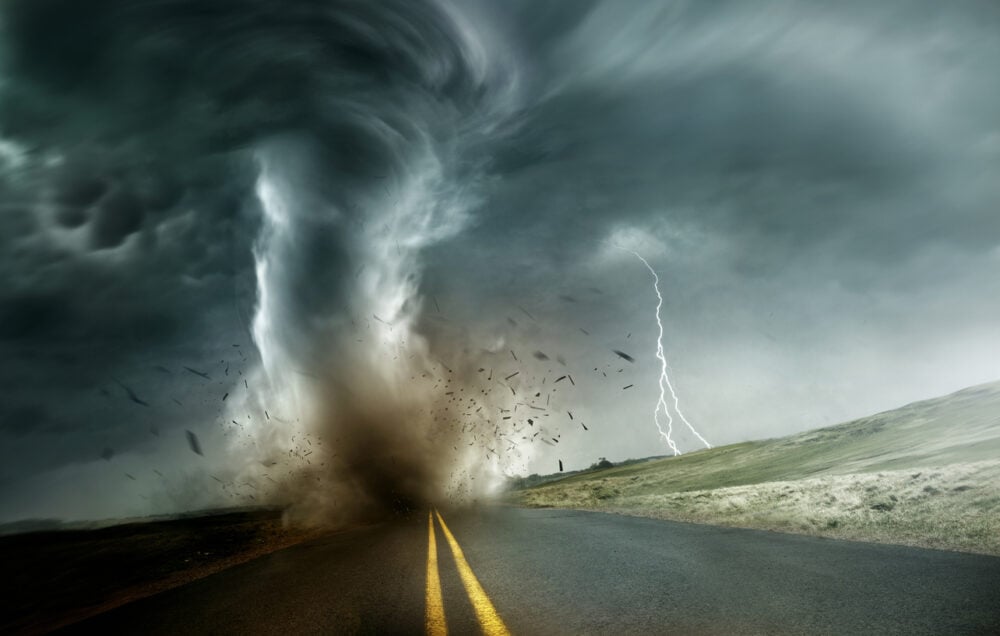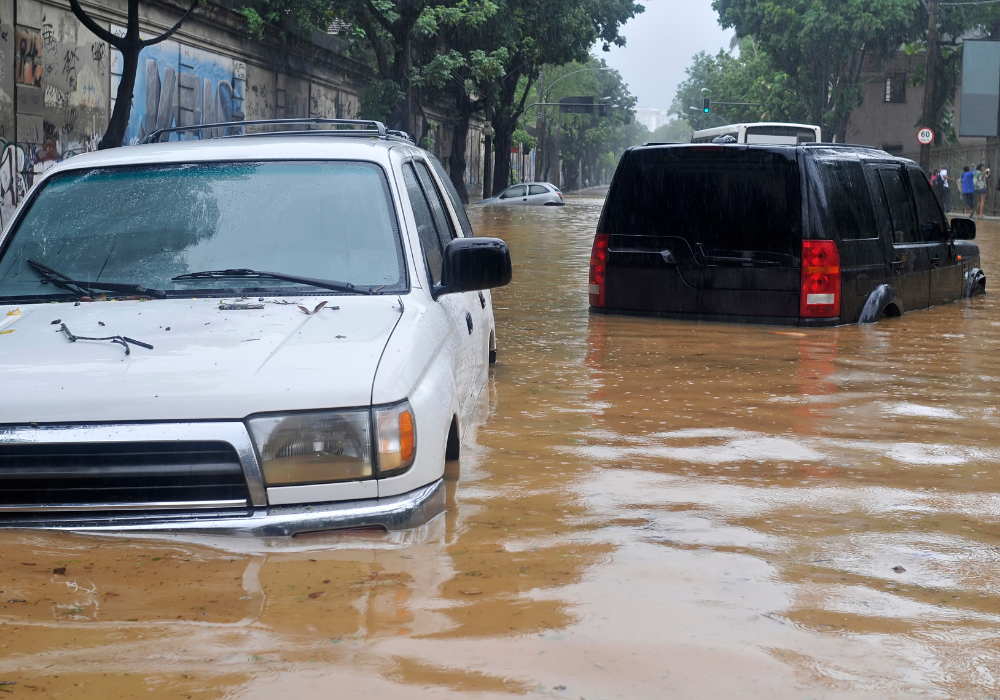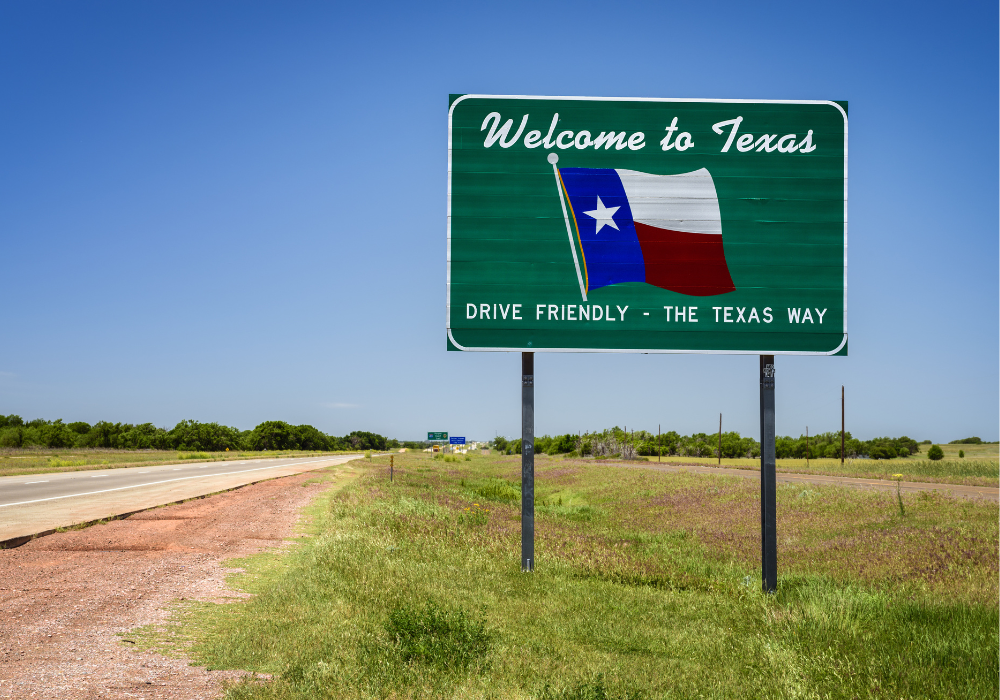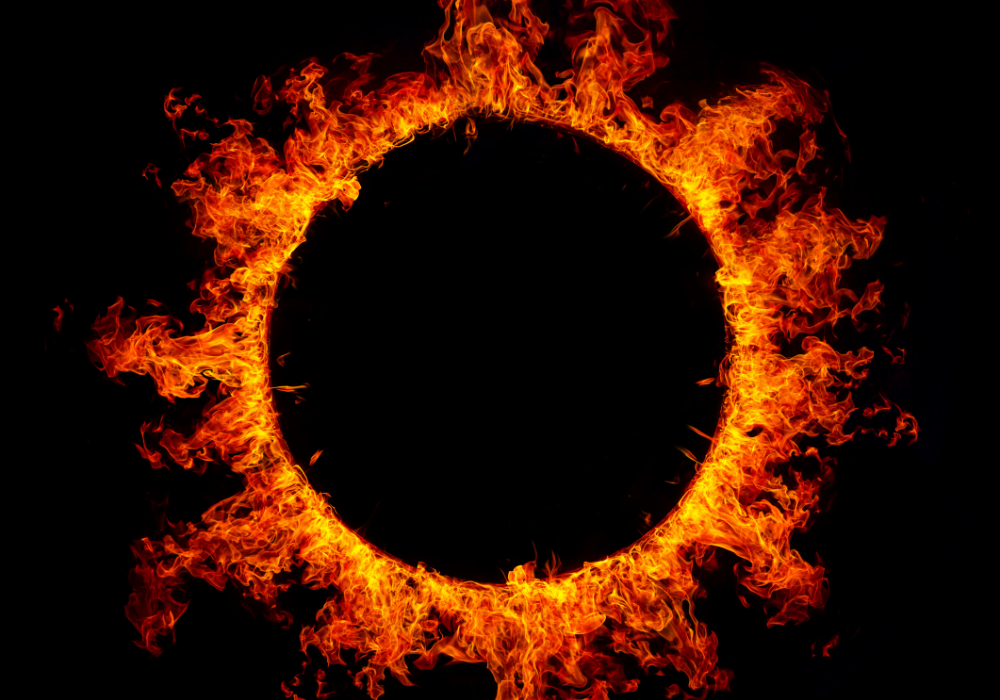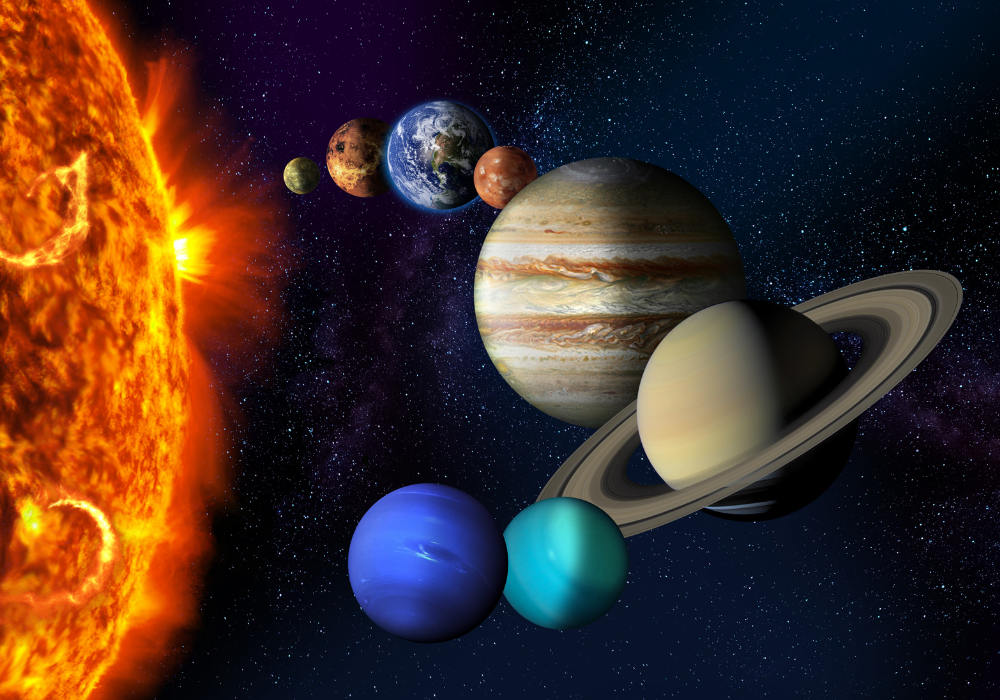Think twice before tossing these things in the fire—they could poison your air and damage your lungs.

Lighting up a fireplace or backyard fire pit feels like pure comfort—until you realize what’s actually going up in flames. Most people think if it burns, it’s fair game. But experts are waving red flags over what we’re casually tossing into the fire. From old magazines to pressure-treated wood, the smoke you’re breathing in could be laced with toxins you’d never knowingly inhale. It’s not just bad for your health—it’s rough on your chimney, bad for the environment, and dangerous for kids and pets nearby.
